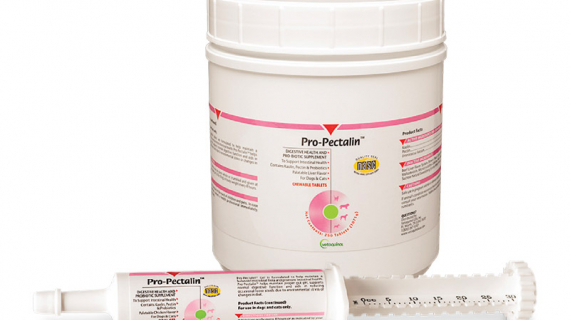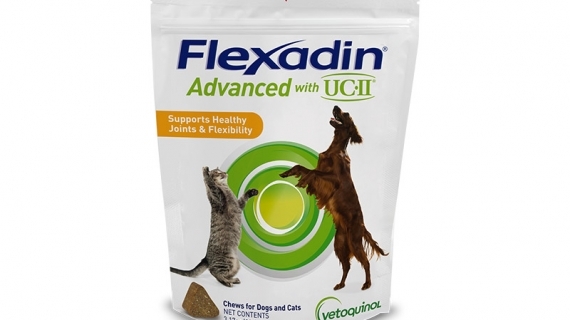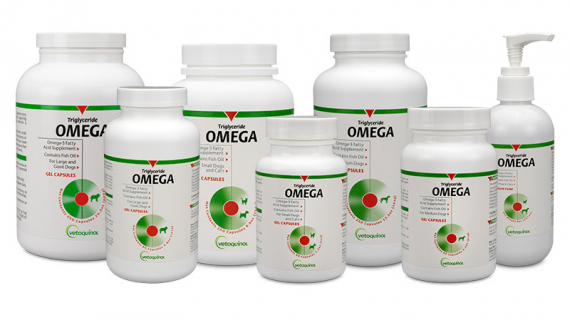
Cats
Shop My Happy Pets from Vetoquinol for veterinarian-approved formulas to support adult cats, kittens, and senior cats with quality supplements for overall health, joint care, and behavior support.
What can I do about osteoarthritis in cats?
Osteoarthritis (OA) occurs when the normal cartilage that cushions the joint degenerates and is worn away, resulting in inflammation, discomfort, ongoing damage, and secondary changes in and around the joint. If you suspect your cat has osteoarthritis, schedule an exam with your veterinarian. Only a veterinarian can diagnose osteoarthritis. Management approaches can include weight management, changes in diet, osteoarthritis pain medication, treatments like acupuncture, and supplements to help maintain cartilage health.
Is loose stool the same thing as diarrhea in cats?
If your cat has loose stools from time to time, it doesn't mean your cat has diarrhea.An abrupt change in diet may cause a cat to experience diarrhea for a few days. Likewise, a stressful situation can cause a short bout of diarrhea. Contact your veterinarian about any instance of diarrhea that isn’t directly related to a stressful situation or dietary problem.
What do I do about my cat’s anxiety?
Behavior problems can negatively affect the bond with our cat. Common stressors can thunderstorms, veterinary visits, grooming visits, boarding, traveling, loud noises, or changes at home like visitors or new babies. Calming strategies can include supplements. This article from the National Animal Supplement Council (NASC) can provide more information — but your veterinarian is a great place to start!
Is omega-3 good for cats?
Omega fatty acids can benefit joint health, heart health, and kidney health in cats. Certain fish oils are a natural source of two types of omega fatty acids like eicosapentaenoic acid (EPA) and docosahexaenoic acid (DHA). Omega-3 fatty acids are not indicated for all pets, so be sure to ask your veterinarian about a recommended amount.




